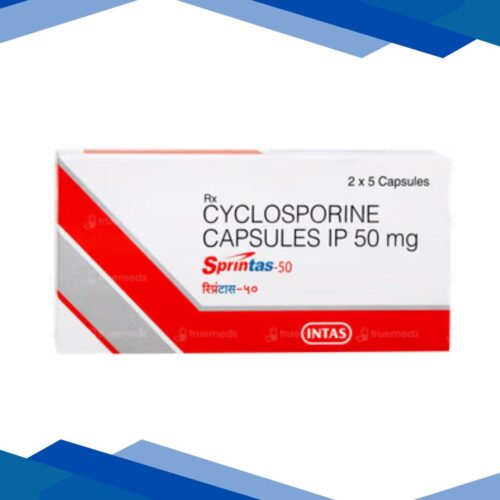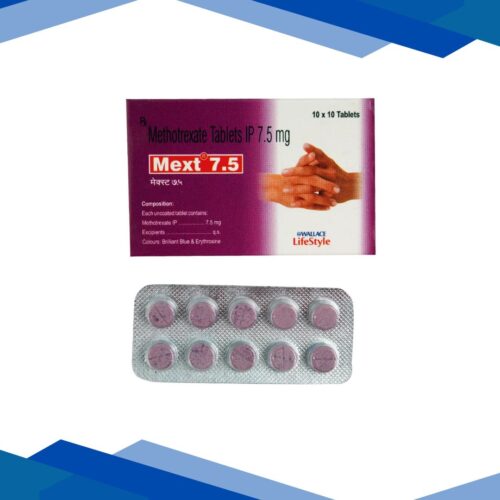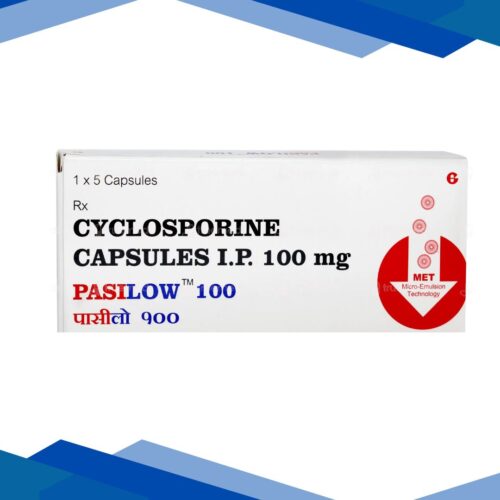SALBUTAMOL SULPHATE
Overview
Salbutamol Sulphate is a fast-acting medicine that helps open up the airways in the lungs, making it easier to breathe. It is commonly used in conditions like asthma, chronic bronchitis, and COPD, where the airways get tight and cause wheezing, coughing, or shortness of breath. Also referred to as a “bronchodilator inhaler,” it rapidly relaxes tight airway muscles and helps air flow more freely.
Classification: β2-adrenergic receptor agonist (Short-acting)
Uses:
Relief of asthma attacks (wheezing, breathlessness)
Management of chronic obstructive pulmonary disease (COPD)
Treatment of exercise-induced bronchospasm (breathing difficulty during/after exercise)
Helps in other lung conditions with airway tightening
How it works:
Salbutamol works by stimulating β2-adrenergic receptors in the smooth muscles of the airways. When these receptors are activated, they trigger a process that increases cyclic AMP (cAMP) inside the cells. This leads to relaxation of airway muscles, causing the airways to widen (bronchodilation).This widens the air passages, helping oxygen move in and out more comfortably.
Dosage: As prescribed by your doctor.
Side Effects:
Shakiness or tremors in hands
Nervousness or restlessness
Headache
Faster heartbeat (palpitations)
Muscle cramps
Mild nausea or upset stomach
Precautions:
Inform your doctor if you have heart problems, high blood pressure, diabetes, or thyroid disorders.
Older adults and children should use it with extra care.
Do not exceed the recommended dose—too much can cause serious side effects like
rapid heartbeat.
Keep your inhaler with you for sudden breathing trouble, but get medical help if it doesn’t work.
Disclaimer:This content is for informational purposes only. Always consult a healthcare provider for medical advice and proper dosage.









